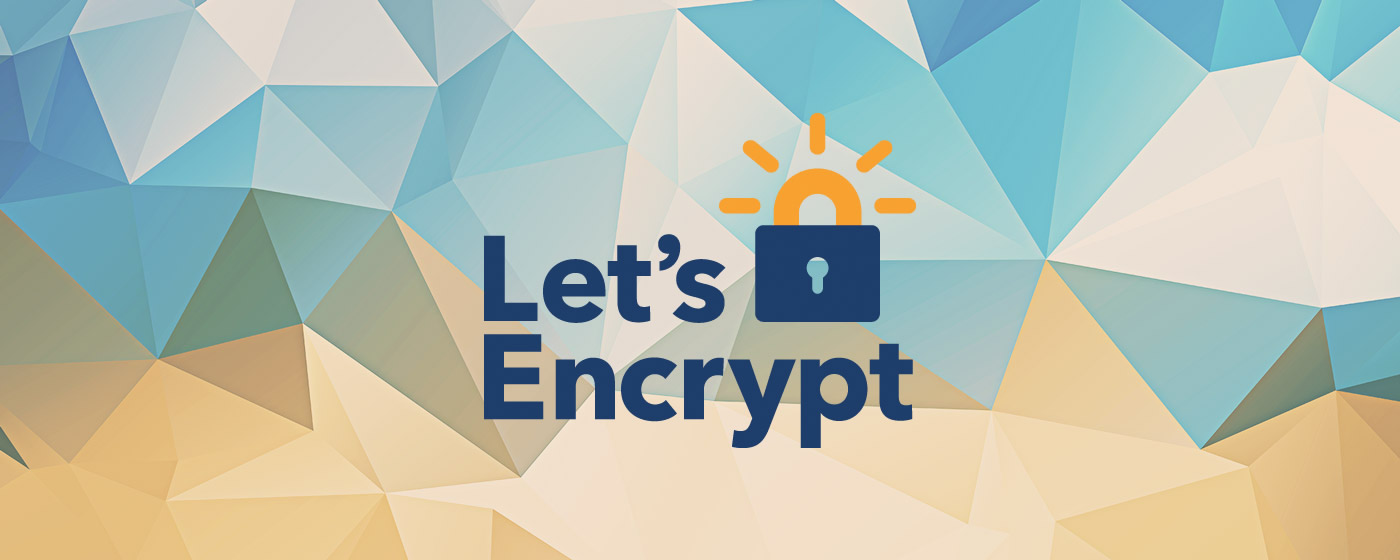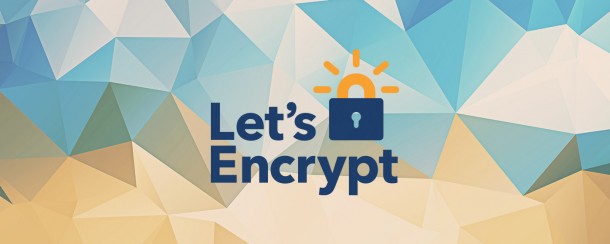As more of our lives inevitably move into the digital realm and in the wake of the Edward Snowden revelations, user privacy has become a hot-button topic. The question of what personal digital information the government should have access to and what they should not remains a grey area, with politicians, companies, and users groups squabbling as to where to draw the line.
Now, the Electronic Frontier Foundation (EFF), Mozilla, and a number of high profile technology companies have announced that they are teaming up to encrypt more of the internet and make privacy more of a personal choice in a project called Let’s Encrypt.
As the majority of websites do not currently encrypt their connections to the end-user, it is possible for both government agencies such as the NSA or GCHQ as well as some more technologically gifted criminal organisations to intercept and monitor what most of us do online.
While criminals hacking and mining your information after gaining access to your too often reused passwords through an insecure interaction with a website is widely agreed to be nasty, criminal activity – what personal information government agencies should have access to is a far more difficult question.
Edwards Snowden’s revelations about the questionably useful mass dragnet methods of data collection utilised by the NSA and GCHQ resulted in headlines around the world, as the general public are uneasy about any government being too involved in their personal lives.
If you are not breaking any laws, it is not the government’s business where you and your friends are going for dinner nor your sexual preferences, or any other details you may share digital form. However, the documents leaked by Snowden demonstrated that governments cannot be trusted to only monitor the data of suspected criminals, and instead monitor everyone under the guise of national security, ‘just to be safe’ in case we turn into terrorists sometime in the future.
The world would have eventually moved towards encryption anyway, because it is useful to prevent hackers with malicious intent from access our personal information, but the privacy scandal catalysed by Snowden’s revelations has meant that we are moving there much despite the protestations of people like new GCHQ boss Robert Hannigan.
There are plenty of good reasons why the intelligence services do need access to monitor the communications of some individuals, but widespread encryption thanks to efforts like Let’s Encrypt will mean that such agencies will need evidence of suspicion and a warrant from a judge in order to get a technology company to provide access.
This was a sponsored post by Prime Lawyers who specialise in Intellectual Property & criminal law


